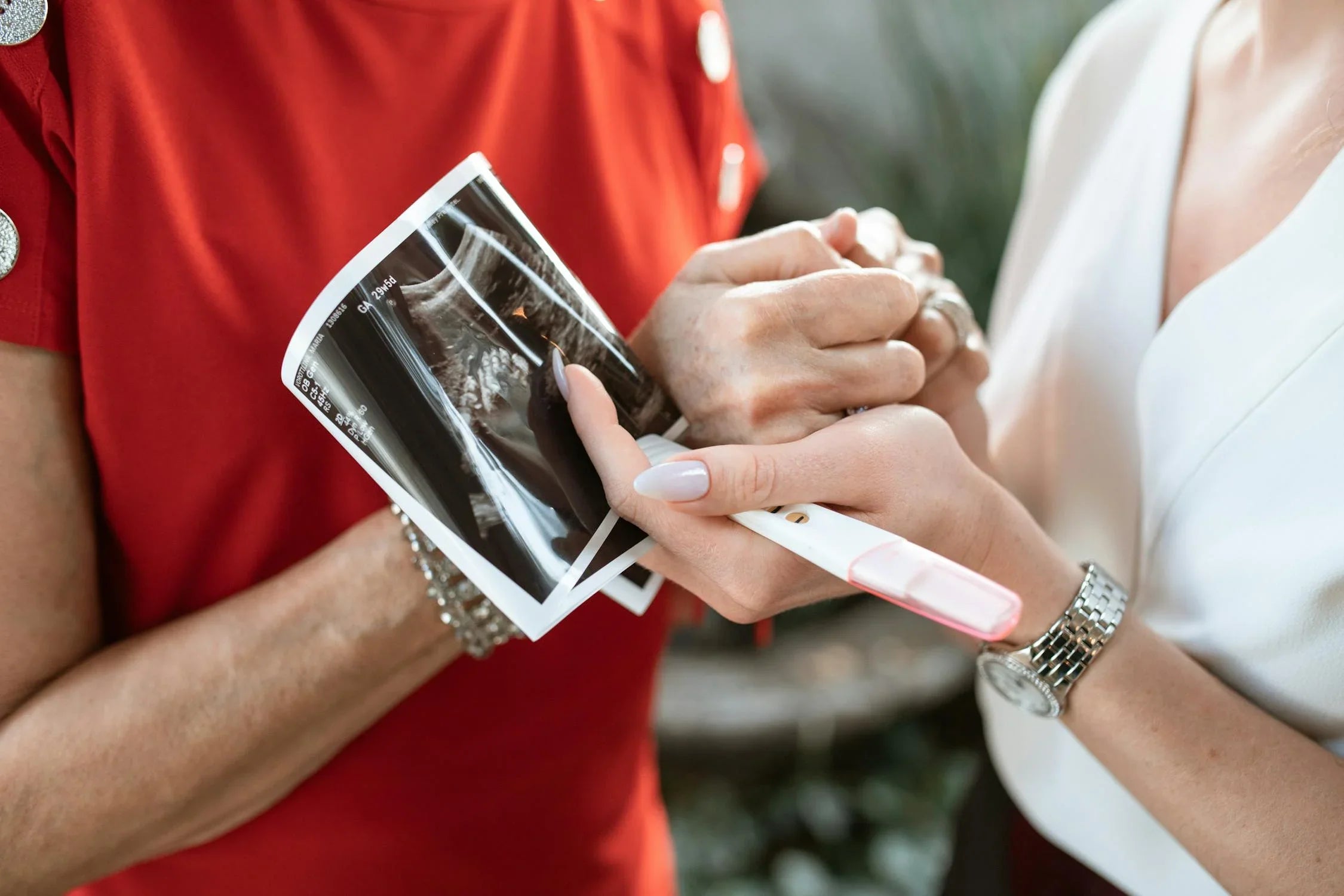Home
Pregnancy, Breastfeeding, and Pumping: The Ultimate Guide for Moms
When Is It Too Soon to Take a Pregnancy Test: A Comprehensive Guide

When Is It Too Soon to Take a Pregnancy Test: A Comprehensive Guide
When it comes to finding out if you're pregnant, timing is everything. Taking a pregnancy test too soon can lead to inaccurate results, leaving you in a state of uncertainty. This guide will help you understand when it's too soon to take a pregnancy test and how to maximize your chances of getting an accurate reading.
Understanding Pregnancy Tests
Pregnancy tests work by detecting the presence of the hormone human chorionic gonadotropin (hCG) in your urine. This hormone is produced by the placenta shortly after a fertilized egg attaches to the uterine lining. The levels of hCG increase rapidly in the early stages of pregnancy, doubling approximately every 48 to 72 hours.
When Is It Too Soon to Take a Pregnancy Test?
The timing of when to take a pregnancy test depends on several factors, including the sensitivity of the test and the regularity of your menstrual cycle. Here are some key points to consider:
- Test Sensitivity: Different pregnancy tests have varying levels of sensitivity to hCG. Some tests can detect hCG levels as low as 10 mIU/mL, while others may require higher levels. Check the packaging of the test to determine its sensitivity.
- Ovulation and Implantation: Ovulation typically occurs around the middle of your menstrual cycle. After ovulation, it takes about 6 to 12 days for the fertilized egg to implant in the uterine lining. Only after implantation does the body start producing hCG.
- Missed Period: The most reliable time to take a pregnancy test is after you've missed your period. By this time, hCG levels are usually high enough to be detected by most tests.
Factors That Can Affect Test Accuracy
Several factors can influence the accuracy of a pregnancy test, including:
- Testing Too Early: Taking a test too soon after conception can result in a false negative because hCG levels may not yet be detectable.
- Diluted Urine: Using diluted urine, especially in the early morning, can lower the concentration of hCG, leading to inaccurate results.
- Expired Test: Using an expired pregnancy test can also lead to unreliable results. Always check the expiration date before using a test.
How to Maximize Test Accuracy
To ensure the most accurate results, follow these tips:
- Wait Until After Your Missed Period: As mentioned earlier, waiting until after you've missed your period increases the likelihood of detecting hCG.
- Use First-Morning Urine: The first urine of the day is usually the most concentrated and contains the highest levels of hCG.
- Follow Instructions Carefully: Make sure to read and follow the instructions on the pregnancy test packaging to avoid any errors.
What to Do If You Get a Negative Result
If you take a pregnancy test and get a negative result but still suspect you might be pregnant, consider the following steps:
- Wait a Few Days: If you tested early, wait a few days and take another test. hCG levels increase rapidly in early pregnancy, so a test taken a few days later may yield a positive result.
- Consult a Healthcare Provider: If you continue to experience pregnancy symptoms or have concerns, consult a healthcare provider for further testing and advice.
Emotional Considerations
Waiting to take a pregnancy test can be an emotional rollercoaster. The anticipation and uncertainty can be stressful. It's important to take care of your mental health during this time. Talk to a trusted friend or partner, and consider seeking support if needed.
Knowing when to take a pregnancy test can save you from unnecessary stress and confusion. By understanding the factors that influence test accuracy and following best practices, you can increase your chances of getting a reliable result. Remember, patience is key, and if in doubt, always consult a healthcare professional for guidance.
Share

